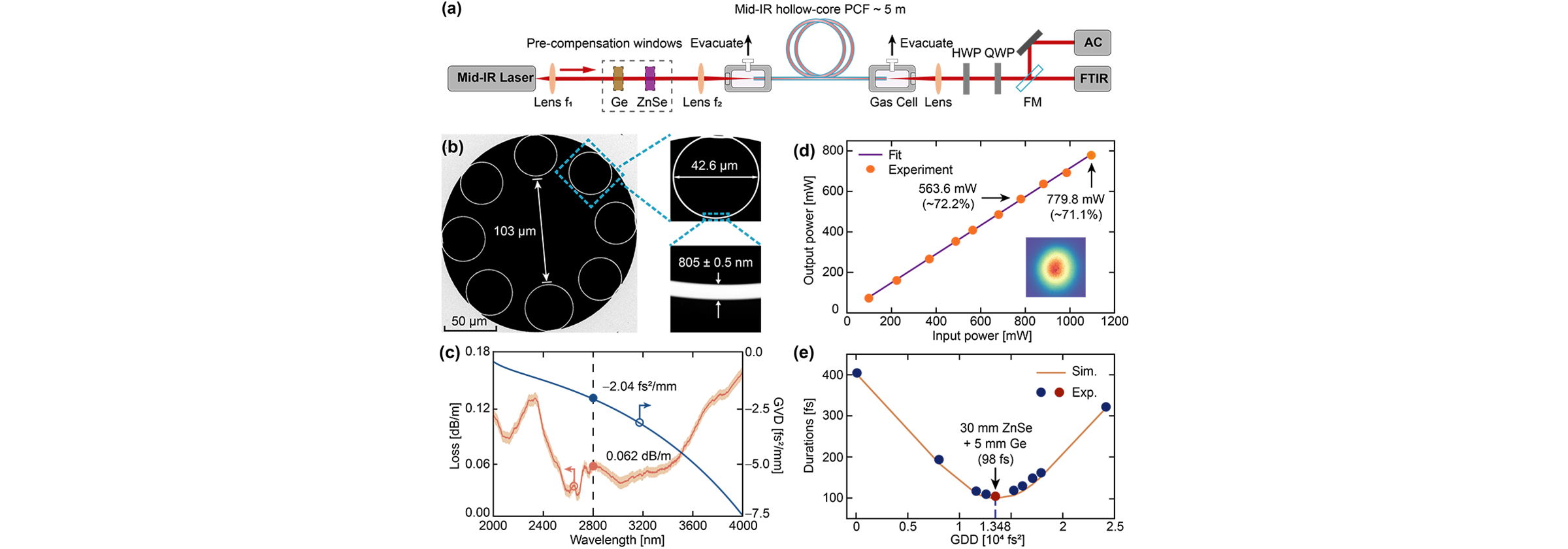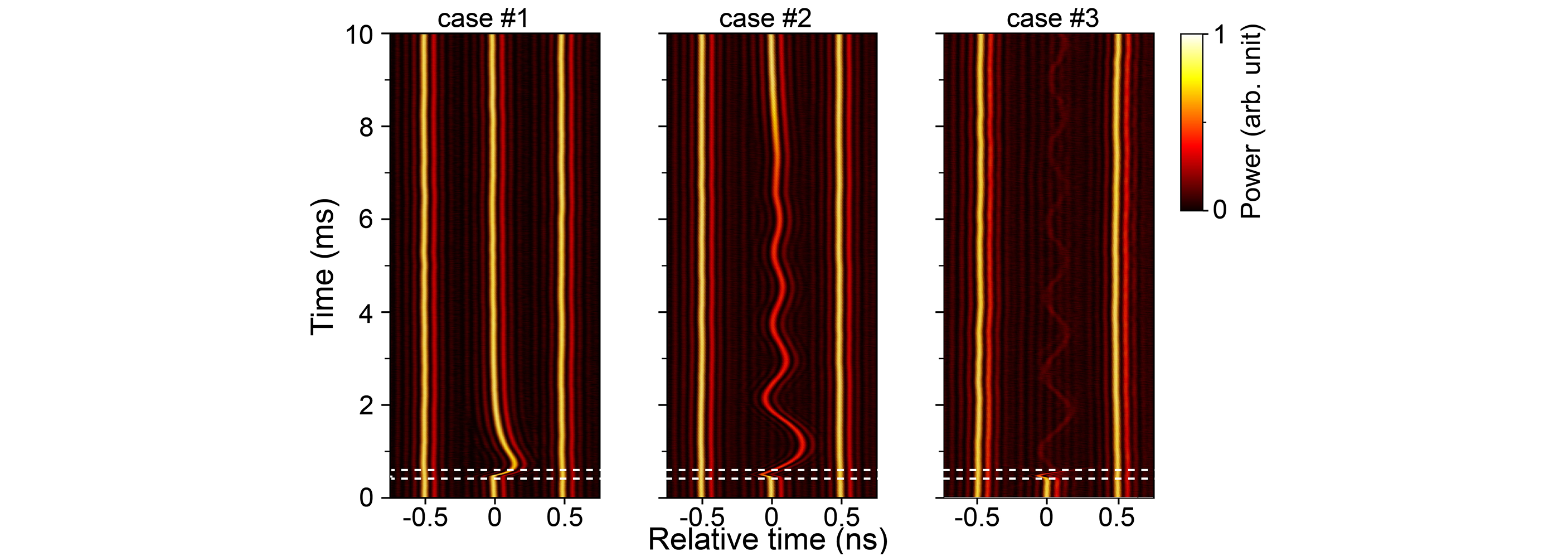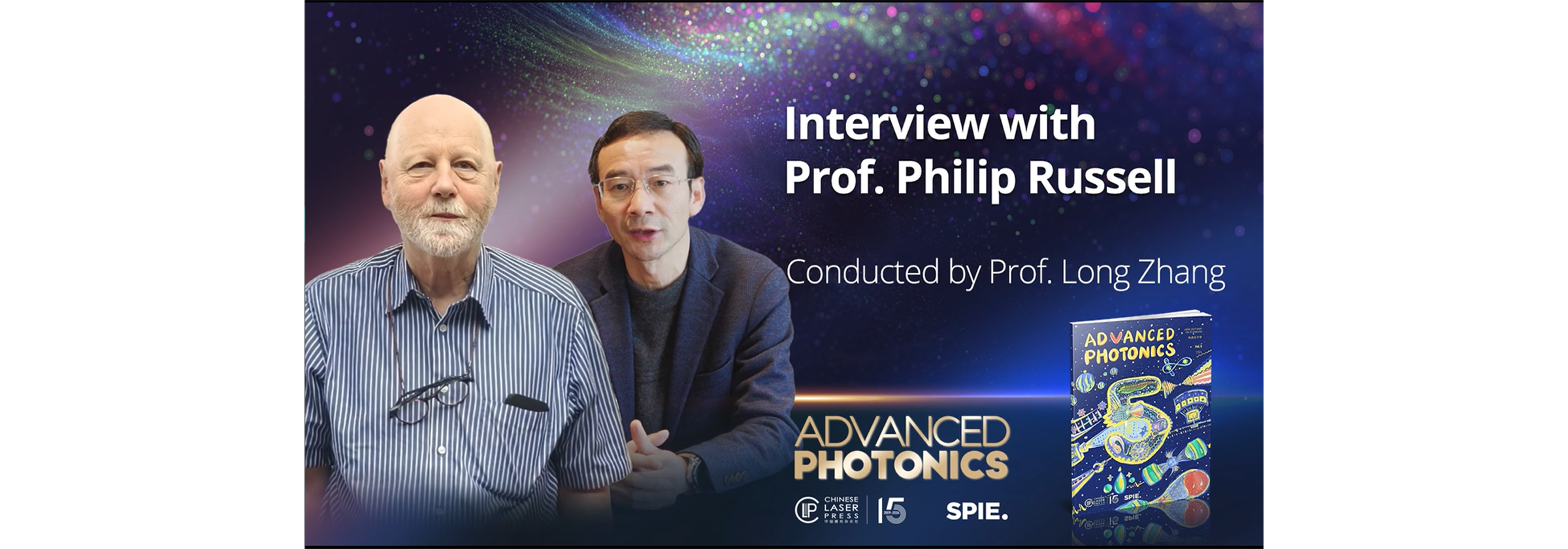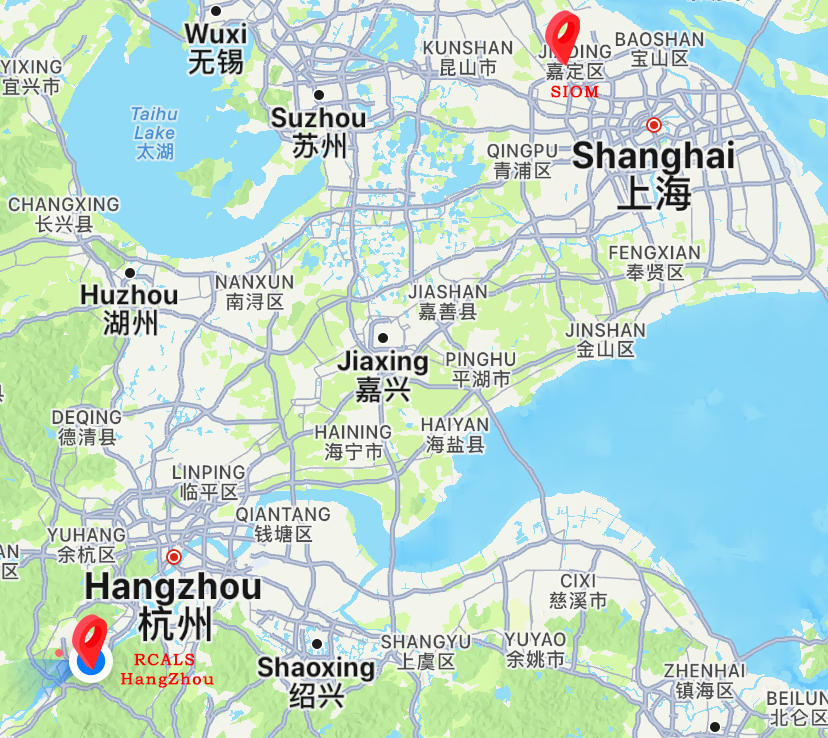The Russell Centre for Advanced Lightwave Science (RCALS), was established in January 2022 in Fuyang, Hangzhou, with financial support from the Chinese Academy of Science (CAS) and the local government of Hangzhou, conducts fundamental research into light-matter interactions, with a particular focus on photonic crystal and microstructured optical fibres.
First proposed by Philip Russell in 1991, photonic crystal fibre (PCF) allows unprecedented control of the flow of light, for example preventing it from diffracting as it propagates through vacuum—thus overturning Rayleigh's more-than-100-year-old law connecting the depth of focus and focal spot-size of a lens—, and allowing greatly enhanced control over chromatic dispersion—thus revolutionizing fibre-based nonlinear optics.
Curiosity-driven fundamental research into PCF has led to a series of ground-breaking scientific innovations and novel applications in, for example telecommunications (faster optical links), biomedicine, environmental sensing, and laser manufacturing. PCF is also playing an increasingly important role in the development of new kinds of laser-based light sources.
Inspired by its invention, many scientists over the last three decades have joined the world-wide effort to explore and exploit the immense possibilities enabled by PCF.
Based in Hangzhou, RCALS has recruited a core team of postdoctoral scientists, some of them former members of Philip Russell's MPL research division. If you are interested in joining this exciting new research adventure in a beautiful corner of China, please contact us. Positions are available at all levels.
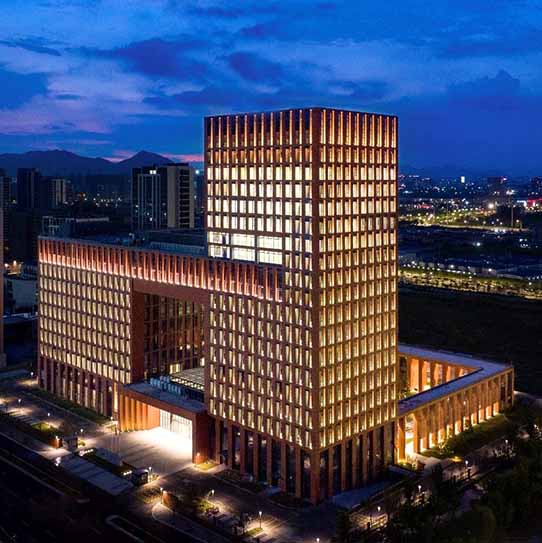
- Prof. Philip Russell Scientific Director
- Prof. Long Zhang Deputy Director
- Prof. Meng Pang Deputy Director


 MAIL
MAIL




 2025-06-16
2025-06-16

